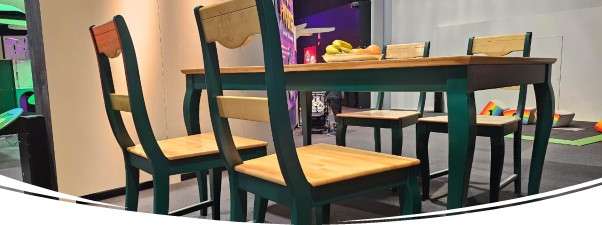The World Through The Eyes of A Child
By Sonali Malhotra
Faculty (Early Childhood Education) ITARI

Free Play – A Child’s Right
Empathy begins when we understand how children see the world. Free play is not merely leisure but an essential practice for holistic growth, emotional resilience, and lifelong learning. Recognized as a cornerstone in Early Childhood Education, particularly in the Finnish curriculum, free play fosters creativity, collaboration, and problem-solving skills.
During my visits to preschools in Helsinki, I observed children creating “forest homes” and exploring “Mud Kitchens.” These activities showcased the power of unstructured play to naturally promote critical thinking, creativity, and resilience. Finnish communities value free play as integral to child development. It cultivates transversal competencies like thinking and learning, interaction, and self-expression while providing a safe, non-judgmental space to take risks, embrace failure, and try again—vital life skills.
Free play evokes diverse emotions—joy, excitement, daring, and love—while encouraging children to apply various skills. It fosters creative thought and expression in an unpressured environment, allowing children to explore and express themselves authentically. These aspects underscore the need for Early Childhood Education professionals to embrace and advocate for play as a child’s fundamental right.
To adopt this philosophy, educators can design play-based opportunities with open-ended materials that promote exploration and self-expression. Reflective questions, such as “Are we providing enough opportunities for unstructured play?” can guide their practices.
Free play is more than an approach; it is a gateway to collaboration, creativity, and emotional resilience. It must remain central to every child’s developmental journey.